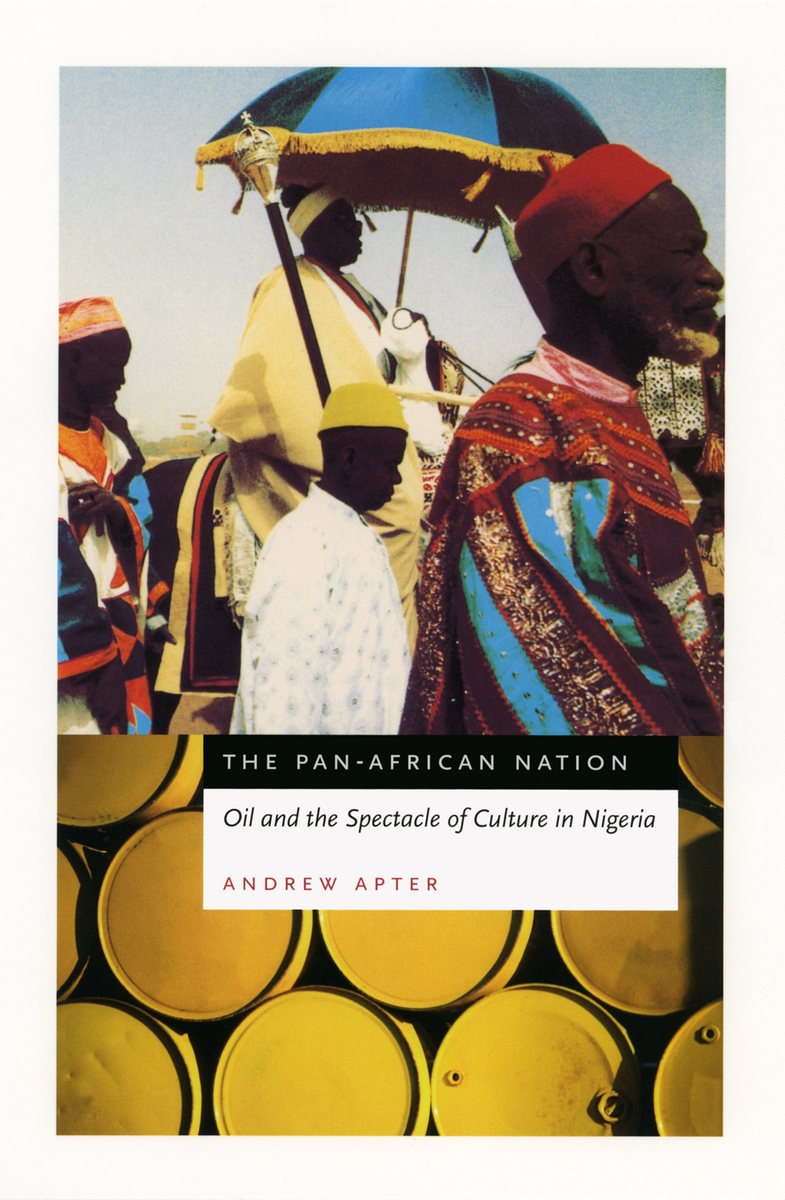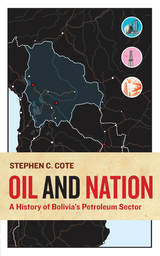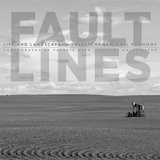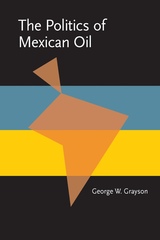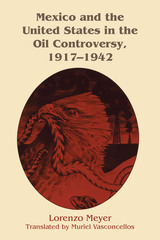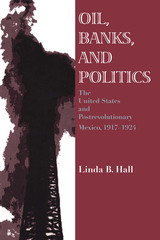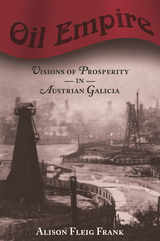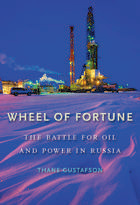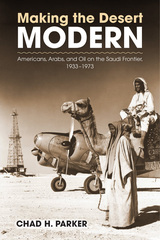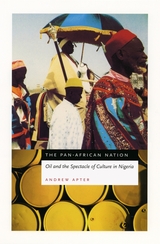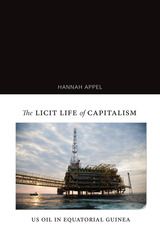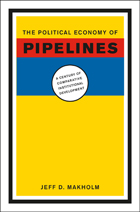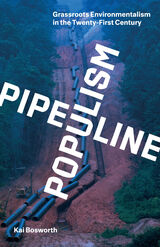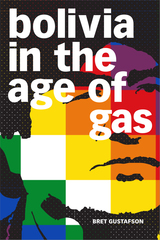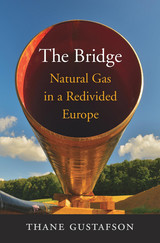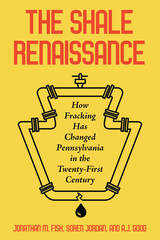The Pan-African Nation: Oil and the Spectacle of Culture in Nigeria
University of Chicago Press, 2005
Cloth: 978-0-226-02354-0 | Paper: 978-0-226-02355-7 | eISBN: 978-0-226-02356-4
Library of Congress Classification HD9577.N52A68 2005
Dewey Decimal Classification 305.896
Cloth: 978-0-226-02354-0 | Paper: 978-0-226-02355-7 | eISBN: 978-0-226-02356-4
Library of Congress Classification HD9577.N52A68 2005
Dewey Decimal Classification 305.896
ABOUT THIS BOOK | AUTHOR BIOGRAPHY | REVIEWS | TOC | REQUEST ACCESSIBLE FILE
ABOUT THIS BOOK
When Nigeria hosted the Second World Black and African Festival of Arts and Culture (FESTAC) in 1977, it celebrated a global vision of black nationhood and citizenship animated by the exuberance of its recent oil boom. Andrew Apter's The Pan-African Nation tells the full story of this cultural extravaganza, from Nigeria's spectacular rebirth as a rapidly developing petro-state to its dramatic demise when the boom went bust.
According to Apter, FESTAC expanded the horizons of blackness in Nigeria to mirror the global circuits of its economy. By showcasing masks, dances, images, and souvenirs from its many diverse ethnic groups, Nigeria forged a new national culture. In the grandeur of this oil-fed confidence, the nation subsumed all black and African cultures within its empire of cultural signs and erased its colonial legacies from collective memory. As the oil economy collapsed, however, cultural signs became unstable, contributing to rampant violence and dissimulation.
The Pan-African Nation unpacks FESTAC as a historically situated mirror of production in Nigeria. More broadly, it points towards a critique of the political economy of the sign in postcolonial Africa.
According to Apter, FESTAC expanded the horizons of blackness in Nigeria to mirror the global circuits of its economy. By showcasing masks, dances, images, and souvenirs from its many diverse ethnic groups, Nigeria forged a new national culture. In the grandeur of this oil-fed confidence, the nation subsumed all black and African cultures within its empire of cultural signs and erased its colonial legacies from collective memory. As the oil economy collapsed, however, cultural signs became unstable, contributing to rampant violence and dissimulation.
The Pan-African Nation unpacks FESTAC as a historically situated mirror of production in Nigeria. More broadly, it points towards a critique of the political economy of the sign in postcolonial Africa.
See other books on: Cultural policy | Nigeria | Oil | Petroleum industry and trade | Spectacle
See other titles from University of Chicago Press
